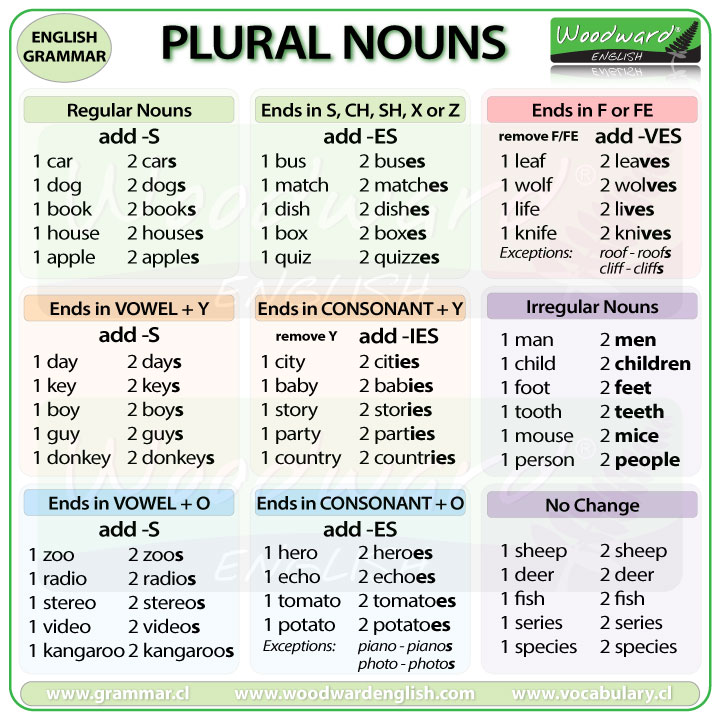VIP Class Notes (Whitney) [W]
Vocabulary
avocado [n] çæ²¹æ
e.g. Don’t butter your bread, use avocado instead.
rhyme [n] æ¼éµÂ two sounds at the end of the words that are similar
often used in poetry/
routine [n] ç¨åºææ¥å¸¸ actions that you regularly follow/do every day
anaesthesia [n] 麻é
imported è¿å£
connections å ³ç³»
Writing exercise
At present, I think the most popular and important emerging technology is mobile payment.
We use mobile payment everywhere even we can go out without wallet that is really change our life.
We use mobile payment everywhere even so that we can go out without our wallets, that is really a big change in our lives.
I still remember people were very surprised that credit cards comes in our life,
I still remember when people were very surprised when credit cards came into our lives because we donât need to bring too more much cash around.
Now, we also donât need bring cards. It is more efficient for many things. We can shorten the queue time, we can avoid money mistakes, and itâs pretty convenient for modern life.
Writing exercise
Topic: Health
EASY – 39 words in 4 minutesÂ
Q: What do you do in your everyday routine to stay healthy?
A: I drink 8 glasses of water a year, I use to like to drink cola but I don’t anymore. Instead, I drink coffee, juice and water. I eat vegetables more than meat and also I keep running every night.
MEDIUM – 4 minutes 60 words
Q: Tell me about a time that you were really sick. What happened to you and how did you recover?
A: Last year when I wake woke up, I find found that I can’t raise my left arm. It hurts so much when I try to raise it. It lasted for 2 days and I went to the hospital on the 3rd day. The doctor gave me anaesthesia and told me to never left my arm get cold and to do some sports.
HARD – 6 minutes
Q: What do you think about China’s healthcare system? Do you feel well taken care of by the government health system?
A: I think China’s healthcare system is a little terrible for the normal person. For example, if you want to find a doctor who good at something, you just can go to some famous hospitals. In China, different hospitals use different brands of medicines. If you want to recover quickly, you should go to some famous hospitals. In the good hospitals, always have too many people and if you want to use è¿å£ medicine you have to pay it by yourself. Sometimes you should know someone, you can find doctor.
I think China’s healthcare system is a little terrible for the average normal person/normal people. For example, if you want to find a professional doctor who good at something, you just can go to some famous hospitals. In China, different hospitals use different brands of medicines. If you want to recover quickly, you should go to some famous hospitals. In the good hospitals, there are always have too many people and if you want to use imported è¿å£ medicine you have to pay for it by yourself.
Sometimes you should know someone, you can find doctor.
To find a good doctor, you need to have connections. – å¦æéè¦ç¨åå» éè¦æå
³ç³»
Grammar
REMEMBER YOURPLURAL AND SINGULAR RULES

Where: used when talking about location
What: in a question or at the beginning of a sentence
When: to talk about time
Why: to give a reason or to explain
How: a process or an explanation
On: about a particular day/months/dates e.g. brithdays
At: at a particular time
In: a period of time
On: on a particular day
At: at a particular time
In: in a particular period
is: singular, when we’re referring to one thing/moment
e.g. That book is mine
are: plural, when we’re referring to more than one thing/moment
e.g. These books are mine
its: its it belongs, possessive noun
e.g. Its my book, it belongs to me.
it’s: it is
it’s is always short for “it is” e.g. it’s raining
-ing:Â
1) in the process of doing something
e.g. I am listening to your class
2) to bring our verbs to life
e.g. The student is learning in class
e.g. The dog is trying to jump over the fence
and: when we are making a long list of things, we add “and” to the second one.
e.g. Today I need to buy apples, bananas, avocados and coffee.
to: we use “to” as a preposition, to link words together
e.g. I am listening to your class
Pronunciation
emerging: ee-mer-jing
convenient: kon-vee-ne-entÂ
anesthesia: an-es-thee-see-a

Comments are closed.